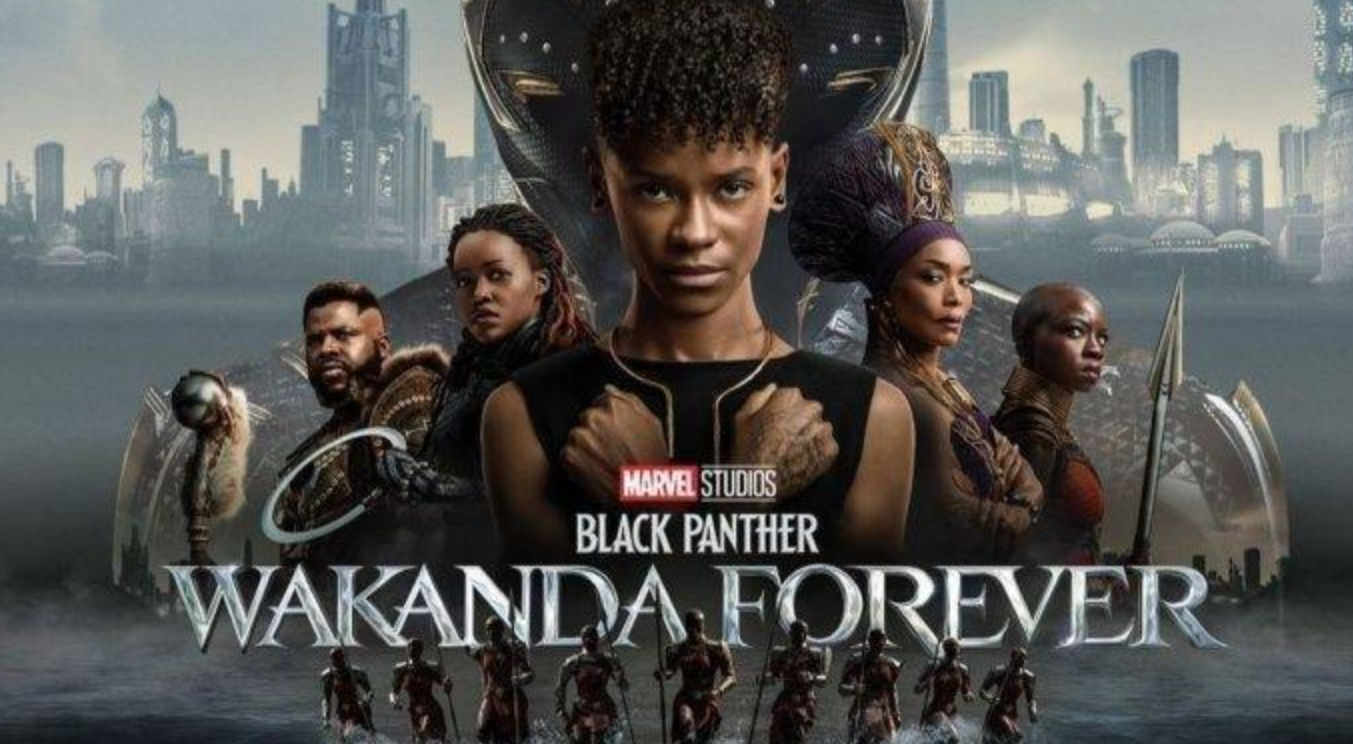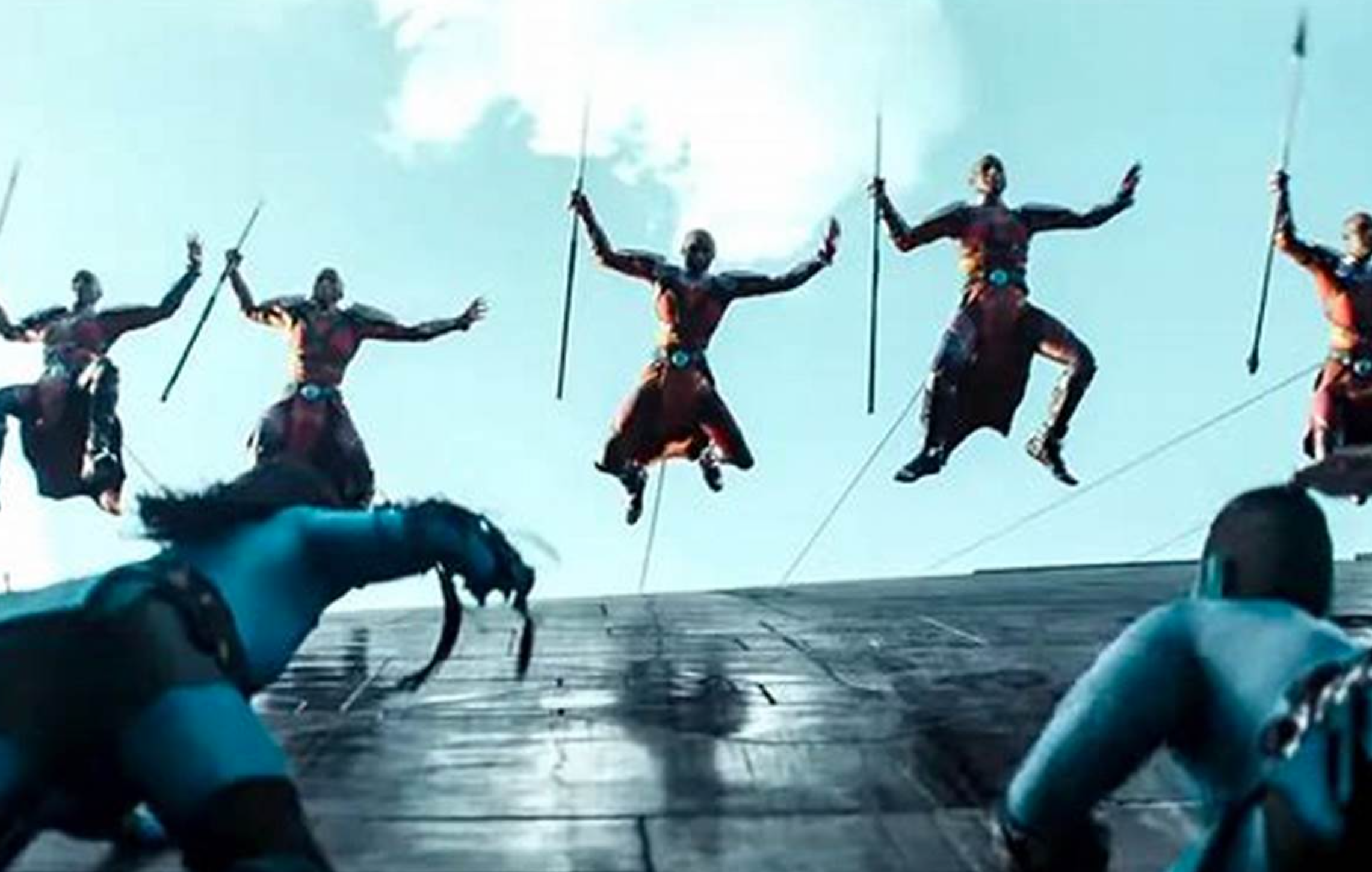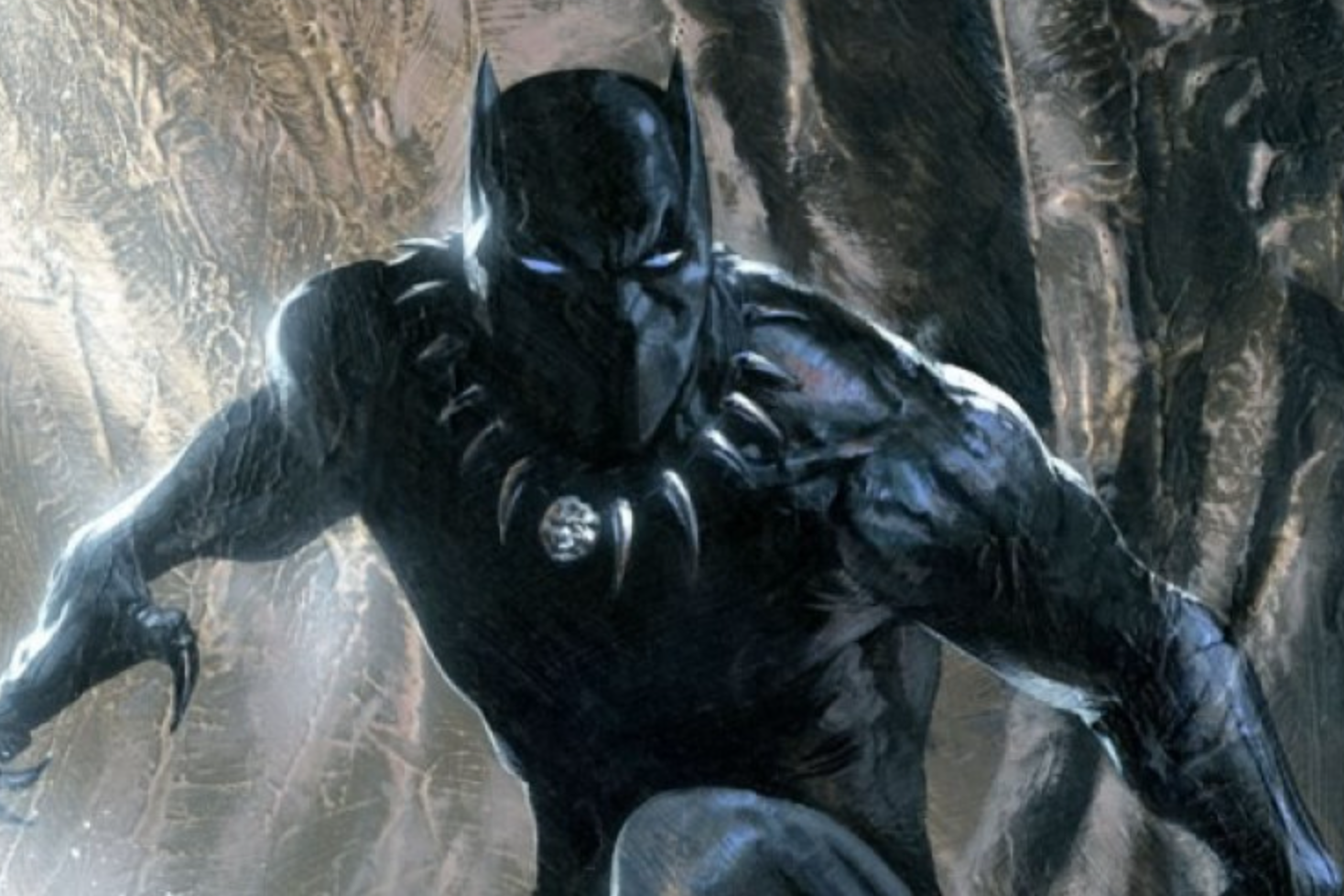Black Panther made an indelible mark on both superhero cinema and global pop culture, becoming a cultural phenomenon upon its release in 2018. It’s not just another Marvel movie; it is a deeply layered narrative that intertwines elements of Afrofuturism, identity, power, and responsibility. Directed by Ryan Coogler, the film brings the fictional African nation of Wakanda to life in a way that feels both modern and rooted in tradition, offering something fresh and exciting in the superhero genre.
Director: Ryan Coogler
Starring: Chadwick Boseman, Michael B. Jordan, Lupita Nyong’o, Danai Gurira, Martin Freeman, Letitia Wright, Angela Bassett
Black Panther : Plot Overview
At the heart of the story is T’Challa (Chadwick Boseman), the newly crowned king of Wakanda, following the death of his father, King T’Chaka. Wakanda is a hidden gem, a technologically advanced nation thanks to its resources of vibranium, the most powerful metal in the Marvel universe. As T’Challa steps into his role, he is forced to face the challenges of leadership, tradition, and what it means to be a true ruler. However, his reign is threatened by the appearance of Erik Killmonger (Michael B. Jordan), a mysterious figure with a personal vendetta against the throne.

Killmonger’s rise represents a sharp contrast to T’Challa’s approach to leadership. Whereas T’Challa is driven by ideals of peace and protection for his people, Killmonger believes in a far more radical approach—using Wakanda’s wealth and advanced technology to liberate oppressed people around the world. The ideological battle between these two characters is the emotional core of the film, each representing different aspects of empowerment and legacy.
Themes and Cultural Impact
What truly sets Black Panther apart is its exploration of identity—not just for T’Challa but for the African diaspora as a whole. Wakanda is depicted as a thriving, wealthy nation, far removed from the stereotypical portrayal of Africa as a continent defined by poverty and conflict. This portrayal has profound significance, as it challenges preconceived notions about African culture and provides a platform for African-American audiences to see themselves represented as kings, queens, warriors, and geniuses.
The film’s examination of family is also pivotal. T’Challa’s relationship with his father, T’Chaka (John Kani), is central to his internal conflict. The trauma of losing his father and the weight of his legacy creates a deep emotional journey for T’Challa. This is further complicated by Killmonger, whose own painful backstory and estrangement from Wakanda add another layer to the narrative. The film skillfully navigates the generational divide between those who want to protect and those who want to change the world, exploring the consequences of inherited legacies.
Character Development and Performances
The standout performances of Black Panther lie in the villain, Erik Killmonger. Michael B. Jordan’s portrayal of Killmonger is often cited as one of the MCU’s best villains, providing depth and empathy to a character who could have easily been reduced to a one-dimensional antagonist. His backstory, deeply rooted in racial injustice and personal loss, makes him more than just a typical villain. Killmonger’s motivations are both relatable and tragic, giving the film a moral complexity rarely seen in superhero movies.
On the other hand, Chadwick Boseman gives an exceptional performance as T’Challa. He brings a regal, yet vulnerable quality to the character, embodying a king caught between his sense of duty and his desire to break free from the constraints of tradition. His journey is one of self-discovery, as he learns to embrace his role as a leader—not just of Wakanda, but of the world.
Supporting characters like Shuri (Letitia Wright), T’Challa’s sister and the tech genius behind Wakanda’s advanced technology, bring humor and heart to the film. Okoye (Danai Gurira), the leader of the Dora Milaje, is a powerful and fierce warrior who also shows great emotional depth. These characters add richness to the world of Wakanda and provide some of the most exciting action sequences.
Visuals and World-Building
The world of Wakanda is one of the most visually stunning creations in the MCU. The film blends traditional African culture with high-tech futurism in a way that feels seamless and authentic. From the intricate designs of the Dora Milaje armor to the vibrant, color-filled landscapes of Wakanda, every frame of the film is meticulously crafted. The use of vibranium as both a narrative device and a symbol of the nation’s prosperity is particularly effective, giving the world a sense of awe and wonder.

The costume design, by Ruth E. Carter, is another standout feature, as the clothing and armor reflect Wakanda’s diverse tribes and cultures. Lupita Nyong’o’s Nakia, for instance, dresses in a style that reflects both her warrior nature and her role as a spy, while Angela Bassett’s Ramonda, T’Challa’s mother, exudes regal elegance and authority. The costumes are not just beautiful—they carry deep cultural significance.
Action and Cinematography
The action sequences in Black Panther are thrilling and well-choreographed, but they are also woven into the emotional fabric of the story. From T’Challa’s first battle as king to the epic showdown in Warrior Falls, the combat is intimate and impactful. The film’s visual effects are stunning, particularly in the scenes involving Black Panther’s enhanced abilities, and the climactic battle between T’Challa and Killmonger is a powerful metaphor for their ideological struggle.
The cinematography by Rachel Morrison, who became the first woman to be nominated for an Academy Award for Best Cinematography, enhances the film’s visual storytelling. The use of light and shadow plays a crucial role in creating the film’s tone, whether it’s the dark and brooding underground scenes in the vibranium mines or the vibrant, ethereal glow of the ancestral plane.
Conclusion
Black Panther is more than just a superhero film; it is a cultural milestone. It is a film that speaks to issues of racial identity, global responsibility, tradition, and progress, all while delivering a thrilling cinematic experience. It is a beautifully crafted story of a young man’s journey to define himself—not just as a king, but as a person—and it is the embodiment of black excellence in the world of film.
By the end of the film, Black Panther leaves its audience with a powerful message about leadership, community, and the importance of knowing where you come from in order to shape where you’re going. Its legacy extends far beyond the Marvel Universe, creating space for new voices and stories in the world of cinema.
Black Panther is a landmark achievement that will be remembered for years to come, not only for its entertainment value but for the profound cultural impact it has had on the world.

